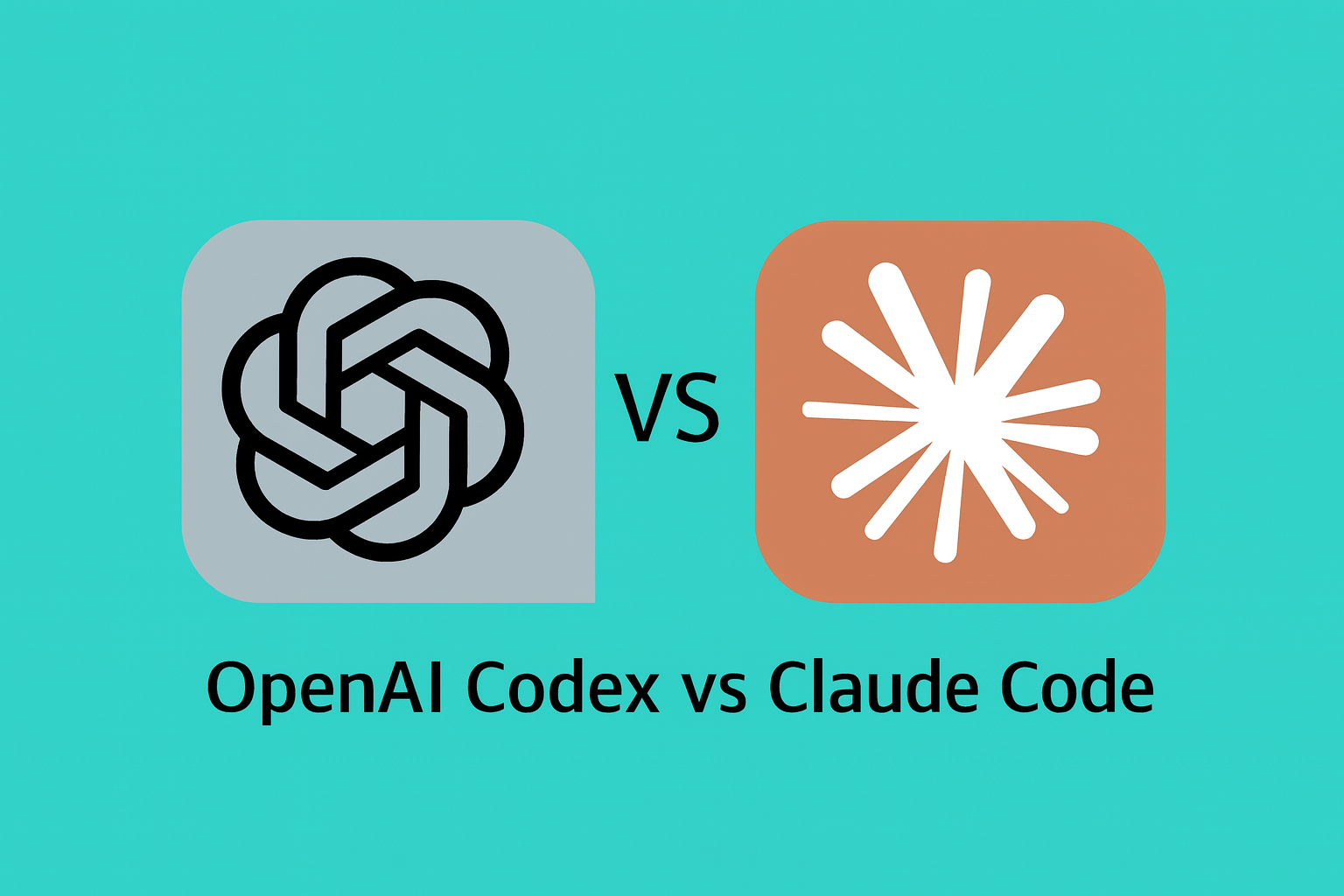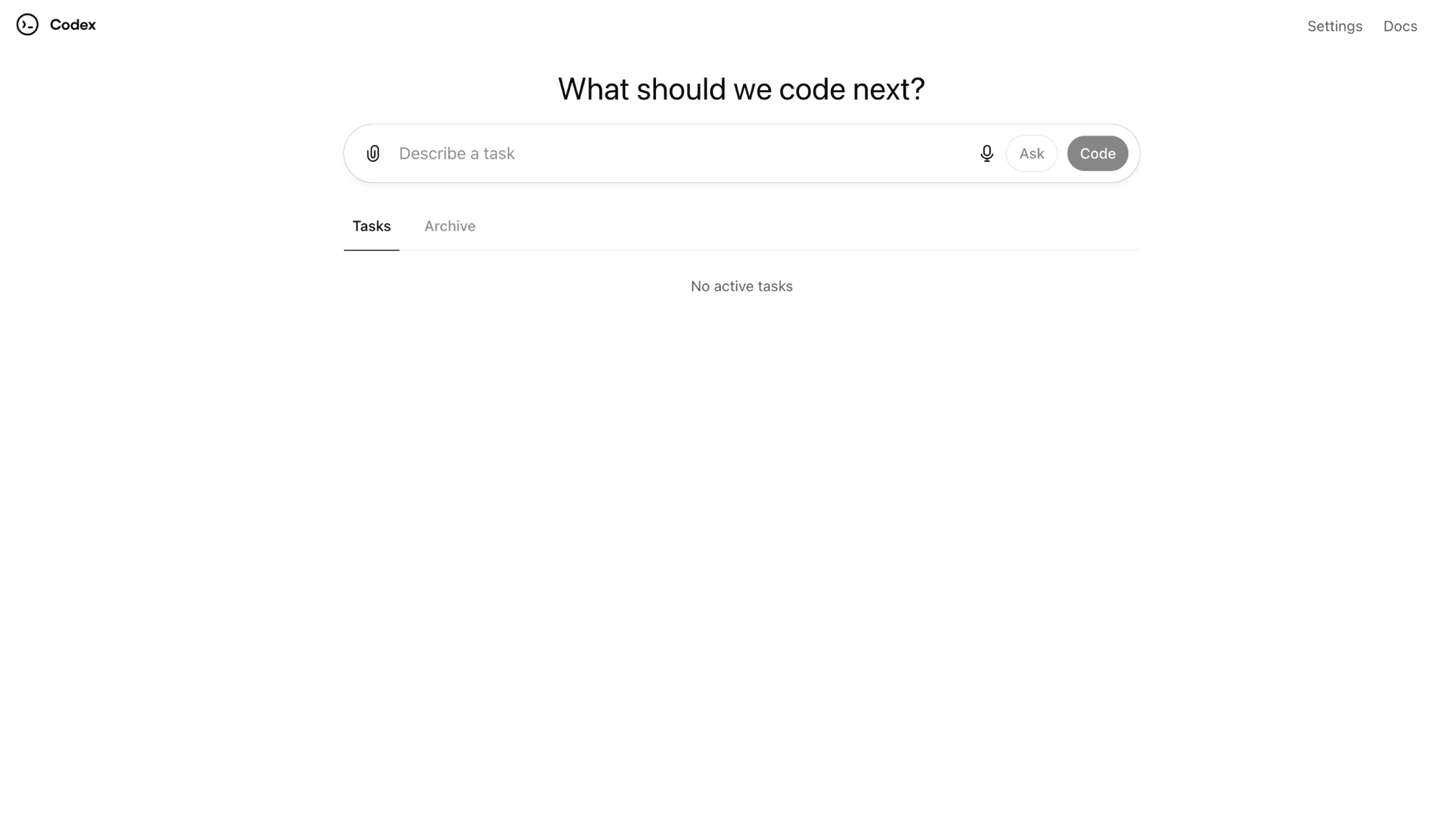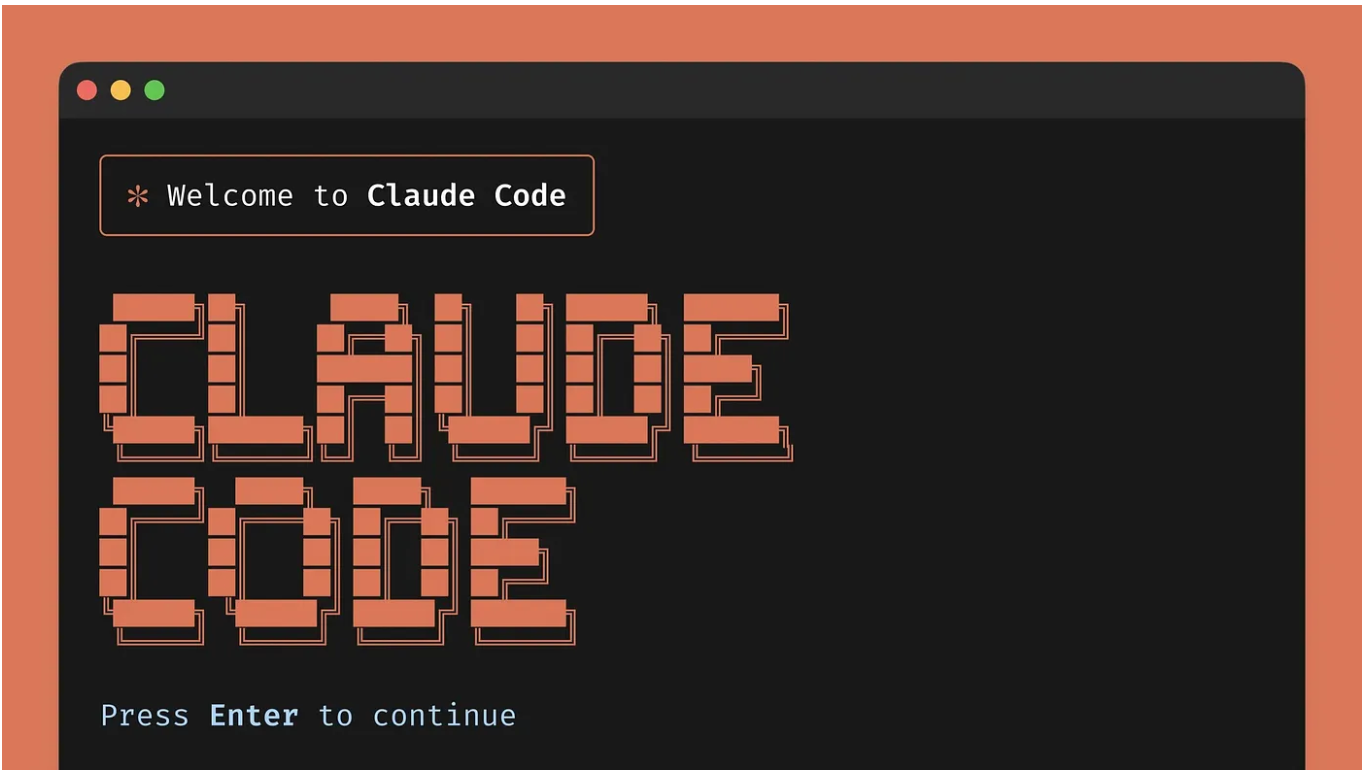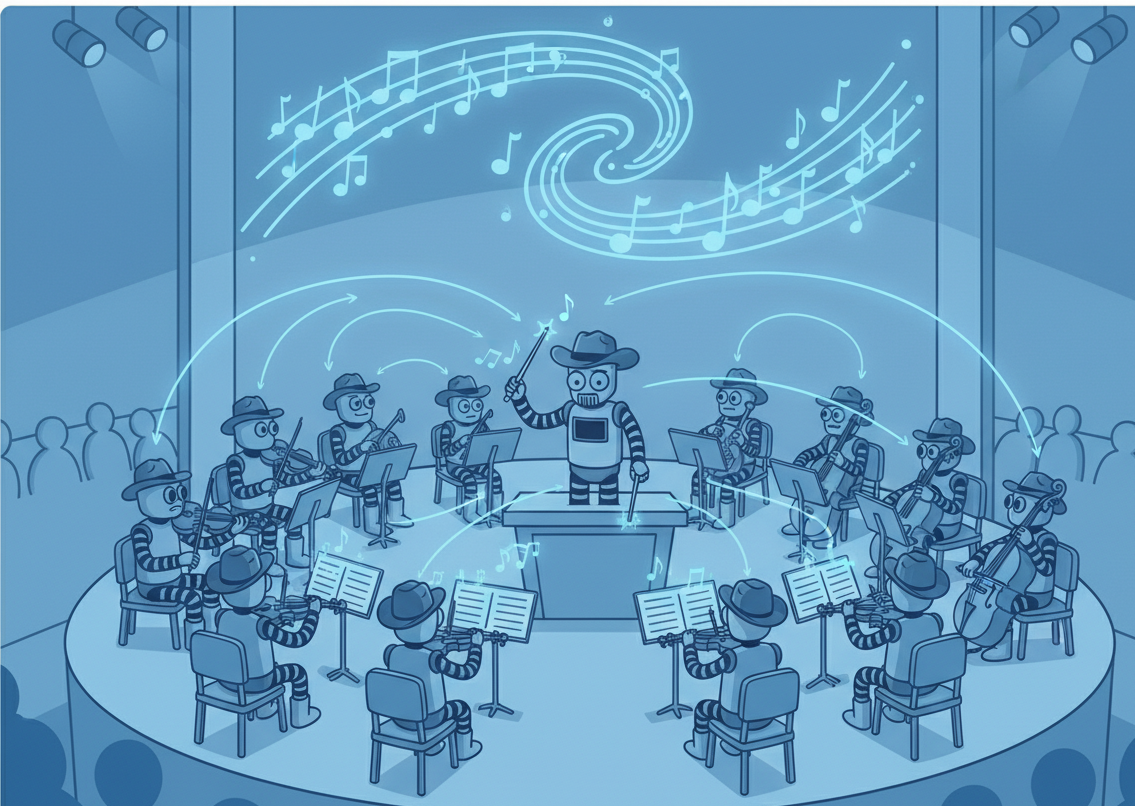Codex vs Claude Code

Anthropic recently tightened Claude Code usage limits without prior notice, leaving Max tier users hitting unexpected caps. This sudden shift highlights just how rapidly the AI coding assistant landscape is evolving, and why choosing the right tool matters more than ever.
Your team's development velocity, code quality, and review rigor now hinge on selecting the right agentic coding partner. As these AI assistants become integral to modern workflows, understanding their strengths, limitations, and ideal use cases is essential.
This comparison examines the origins, capabilities, performance benchmarks, integrations, pricing models, and practical selection criteria for OpenAI's Codex and Anthropic's Claude Code. We'll cut through the marketing to help you make an informed choice based on real-world usage patterns and documented results.
OpenAI Codex

OpenAI's journey into AI-assisted coding began in August 2021 with the release of Codex, a GPT-3 variant fine-tuned on billions of lines of GitHub code. This model quickly became the backbone of GitHub Copilot, transforming how millions of developers write code daily.
By 2025, OpenAI significantly expanded Codex's capabilities. In April, they open-sourced the Codex CLI under an Apache-2.0 license, allowing developers to run it locally. The following month saw the launch of ChatGPT's cloud coding agent, enabling long-running autonomous coding tasks.
The latest iteration, GPT-5-Codex, represents a major leap forward. Trained on complete software projects rather than isolated code snippets, it handles extended development cycles, building features from scratch, writing comprehensive test suites, and performing thorough code reviews. OpenAI reports that this version produces fewer spurious review comments than its predecessors, focusing on genuinely important issues.
Performance metrics show Codex solving approximately 37% of coding requests on the first attempt, with success rates climbing to around 70% with repeated sampling.
Anthropic Claude Code

Anthropic entered the coding arena more recently but with impressive momentum. Early 2025 marked the debut of Claude Code, a command-line tool and VS Code extension designed for agentic coding that provides file I/O, shell access, and GitHub integration.
Claude Code excels at test-driven development (TDD), complex debugging sessions, and large-scale refactoring tasks. Anthropic reports that it completes many "one-pass" tasks that would otherwise require 45+ minutes of manual work.
The underlying models, Claude Sonnet 3.7 and Opus 4.1, have been specifically optimized for coding tasks. In a significant vote of confidence, GitHub Copilot's new coding agent runs on Claude Sonnet 4.
Capabilities and Developer Experience
Both platforms share core functionality: reading and writing files, running tests, refactoring codebases, generating and explaining code, and handling multi-file edits. However, their interaction patterns differ significantly.
Interaction Patterns
Codex operates primarily through chat interfaces in ChatGPT or IDE extensions. The open-source CLI enables local execution, while the cloud agent handles long-running tasks autonomously. Developers typically interact through detailed prompt comments or chat conversations, with the ability to delegate complex work that might run for hours.
Claude Code takes a terminal-first approach with optional approval workflows. It executes shell commands, manages git operations, and runs tests autonomously. This design philosophy emphasizes giving Claude the tools to act more like a human developer, searching codebases, making targeted edits, and pushing commits independently.
Visual Input Support
Both systems accept visual inputs for UI/UX work. Codex supports screenshot analysis and image inspection through its CLI and IDE integrations. Claude similarly processes design images and screenshots, making both suitable for front-end development tasks.
Workflow Differences
Users report that Claude's edits tend to be more surgical and targeted, while Codex often completes simpler tasks faster. Both emphasize test-driven development, automatically writing and running tests to validate their changes. The choice often comes down to whether you prefer Claude's autonomous terminal workflow or Codex's integrated chat-based approach.
Head-to-Head Comparisons
Independent testing reveals nuanced differences. GPT-5 proved faster and more token-efficient, using approximately 90% fewer tokens than Claude Opus 4.1 and completing tasks more quickly. On standard coding benchmarks, GPT-5 holds a slight edge.
However, Claude models excel at detailed visual fidelity tasks and complex multi-step operations. Some development teams report higher reliability and code quality from Claude's outputs, particularly for intricate refactoring work.
Code Review Capabilities
A notable advantage for GPT-5-Codex is its specialized training for code reviews. It navigates codebases, runs tests, and provides review comments that human engineers rate as more correct and relevant, with significantly fewer spurious suggestions than earlier models.
IDE and Tooling
Codex Integration:
- VS Code extension with ~1,000,000 installs
- Direct ChatGPT integration (web and mobile)
- Open-source CLI (Apache-2.0 license)
- Web IDE for browser-based development
Claude Code Integration:
- VS Code extension with chat panel and diff viewing
- npm-installable CLI: `npm install -g @anthropic-ai/claude-code`
- GitHub integration via @claude bot mentions
- IDE-agnostic terminal workflow
Community Signals
The ecosystem momentum tells an important story:
- GitHub Copilot (Codex-powered) serves millions of users globally
- Claude Code's GitHub repository has garnered ~34.2k stars
- Active Discord communities support both platforms
- Notable development: GitHub's new coding agent now runs on Claude Sonnet 4
Industry Adoption
In September 2025, Microsoft added Anthropic models (including Sonnet 4 and Opus 4.1) to Microsoft 365 Copilot, allowing users to choose between OpenAI and Anthropic models. This move signals growing enterprise acceptance of multiple AI coding assistants.
OpenAI Codex Pricing
- Included in ChatGPT Plus ($20/month) and higher tiers
- Free local usage via open-source Codex CLI
- GPT-5-Codex API coming with per-token pricing
- No additional charges beyond subscription for ChatGPT users
Anthropic Claude Code Pricing
- Free tier with limited usage
- Pro plan: $17/month
- Team Premium: $150/user/month (includes Claude Code)
- API pricing: ~$3/million input tokens, $15/million output tokens for Sonnet 3.7/4
Context Windows
- GPT-5: "Hundreds of thousands" of tokens
- Claude Sonnet 4: ~200,000 tokens
Usage Considerations
Heavy coding sessions consume significant tokens/compute hours. Anthropic's recent unannounced limit tightening caught many users off-guard, demonstrating the importance of monitoring usage and having backup options.
Important Limitations
Both systems require careful oversight:
- Potential for errors: AI-generated code can contain bugs, security flaws, or inefficiencies
- Licensing concerns: Studies show ~40% of AI-generated code may have licensing or vulnerability issues
- Safety filters: Both may refuse certain requests (cryptography, potentially harmful code)
- Prompt injection risks: Neither system is immune to adversarial inputs
Making the Right Choice for Your Team
With Microsoft now offering both OpenAI and Anthropic models in their ecosystem, the future likely holds a multi-model approach where developers choose the best tool for each specific task. Stay informed, test regularly, and let real-world performance guide your decisions.
PromptLayer is an end-to-end prompt engineering workbench for versioning, logging, and evals. Engineers and subject-matter-experts team up on the platform to build and scale production ready AI agents.
Made in NYC 🗽
Sign up for free at www.promptlayer.com 🍰



